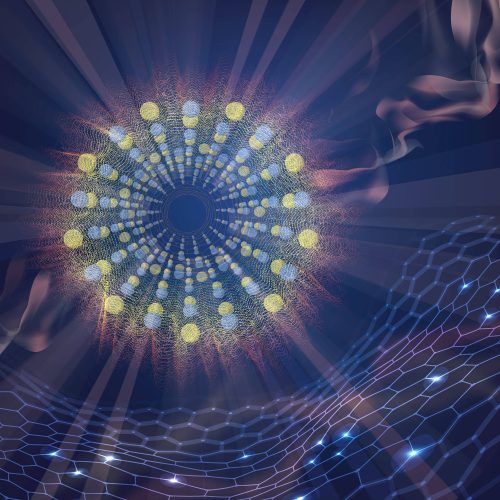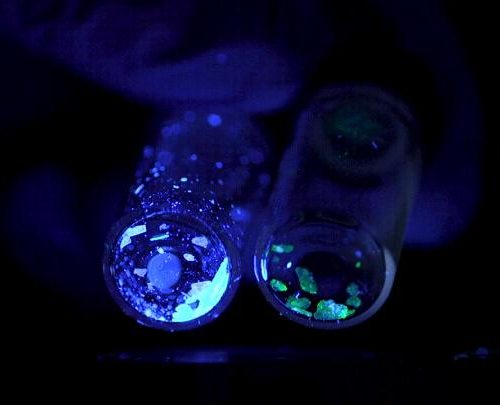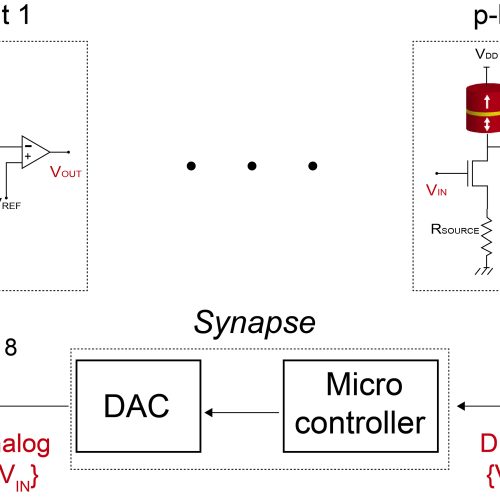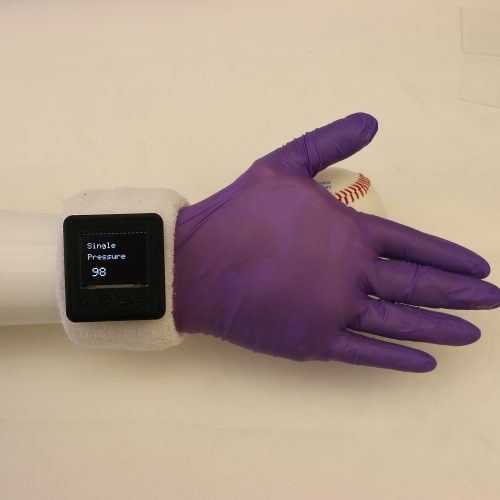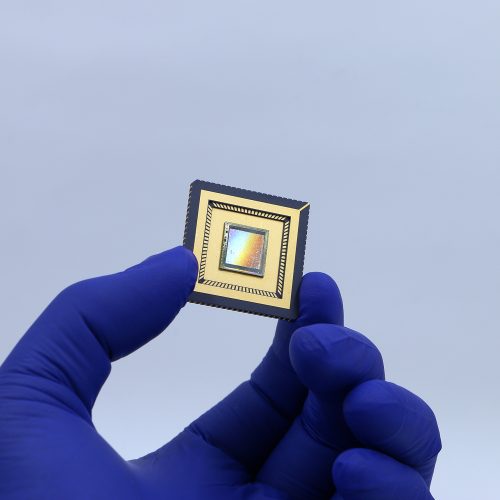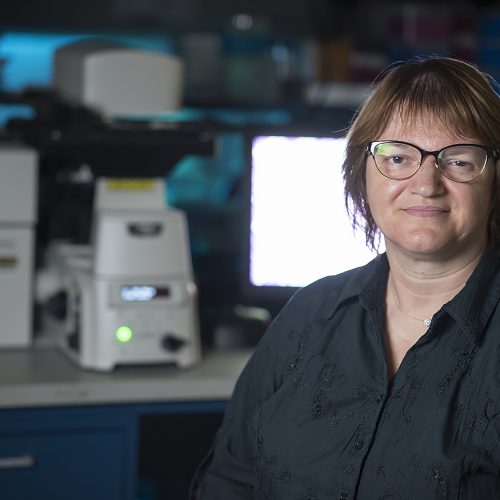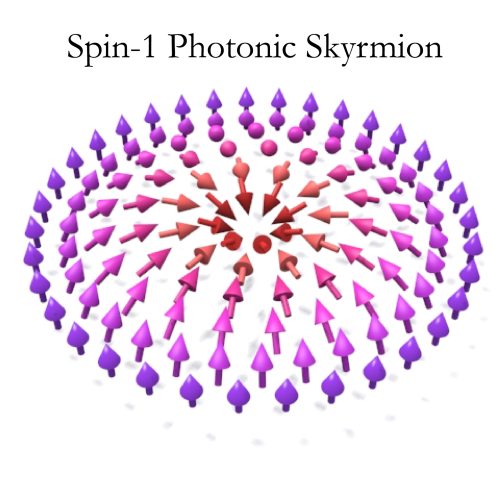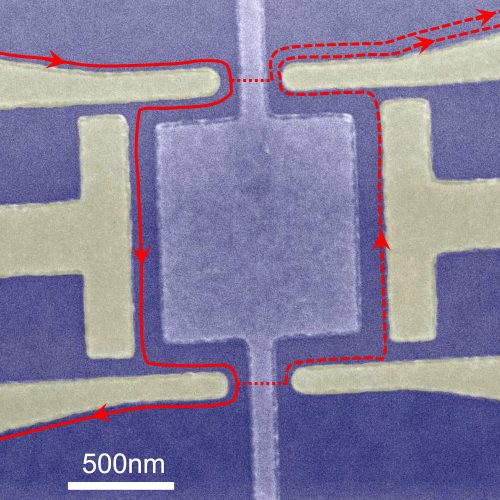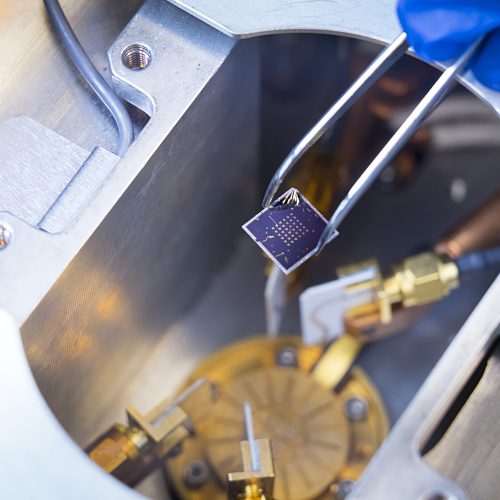
December 16, 2019
Reorganizing a computer chip: Transistors can now both process and store information
WEST LAFAYETTE, Ind. — A computer chip processes and stores information using two different devices. If engineers could combine these devices into one or put them next to each other, then there would be more space on a chip, making it faster and more powerful.
Purdue University engineers have developed a way that the millions of tiny switches used to process information – called transistors – could also store that information as one device.
